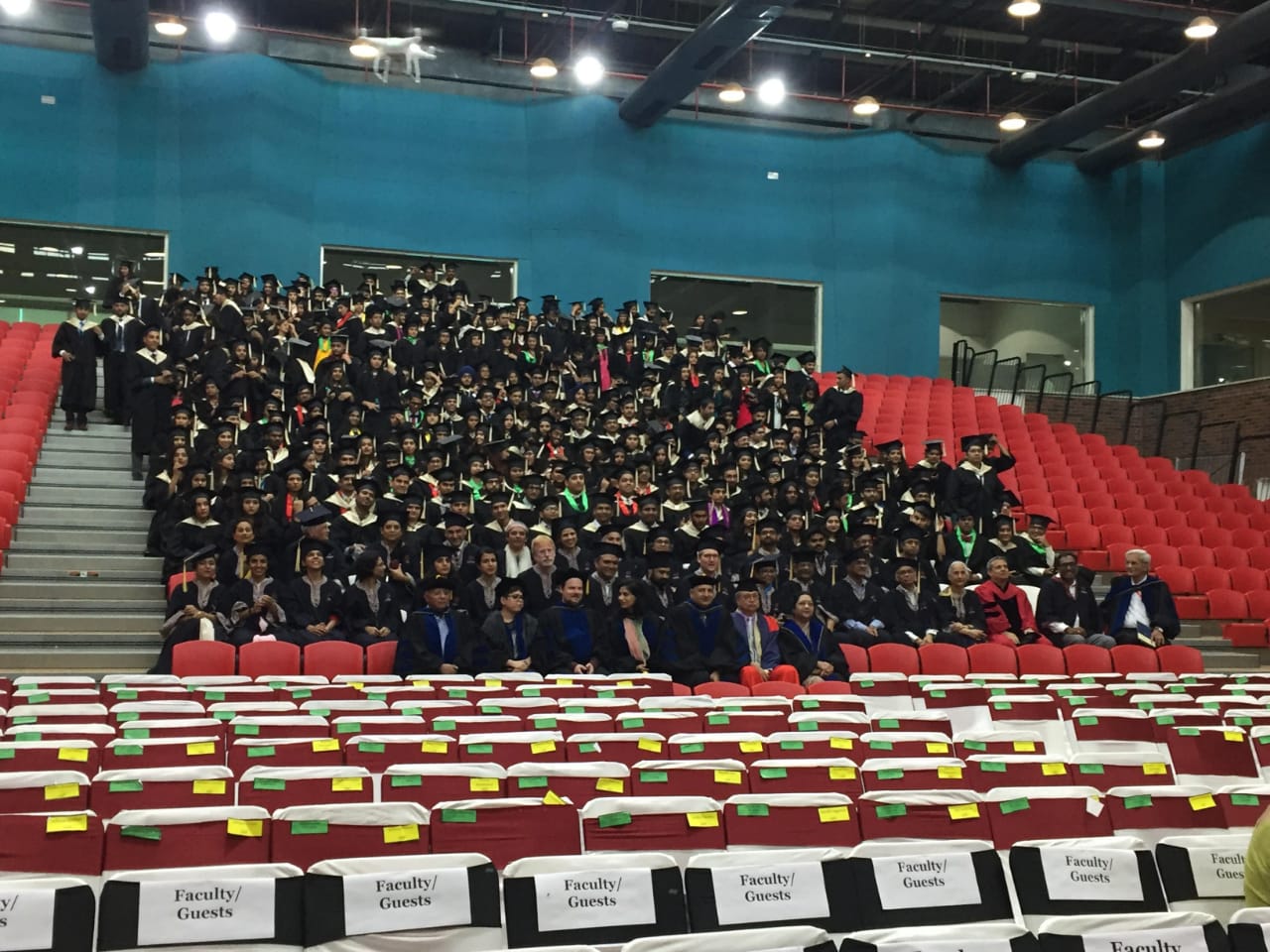Formerly a Prakrit Candidate, Abhay Hari to Lead AUEC with a Close Eye for Optics
On 21st November, it was announced that Abhay Hari will be our next Chief Election Officer,

Riddhi Verma, UG 22
With the upcoming referendum, the election commission wishes to ask the student body two main questions about democracy: should independents have an equal footing with parties in competing for seats, and should a party exert control on members through their ideology or their ability to manipulate electoral math?
Our current system of the single transferable vote allows voters to only cast one vote for either a party or an individual. If voters choose a party, then all the candidates in that list are automatically selected. The voter has to actively deselect members according to their preference in the current election system. It’s major flaw is that it values party control more than the power of individual candidates, and puts independents at a major disadvantage. It further allows parties to use their advantage in winning seats as a reason for its members to align with it. However, ideally, their ideology alone should attract members.
Still, the current system does seem to allow for greater stability in the house in the division and balance of power. New election systems may pose a threat to this balance, however, even this remains debatable.
The main reason the election commission recommends a change and has pushed for a referendum, is because they see the current system not upholding the spirit of free and fair elections. Though our current system can be described as “the epitome of stability”, as it prevents any major shift in the balance of power, it doesn’t ensure individual stability.
It appears that there have been massive resignations under the current system. Moreover, the need for a change is fuelled by recognising the importance of individual choice and power in a democracy. Voters are also disadvantaged by the current system as they cannot vote across party lists. This means that once they vote for a particular party, they cannot vote for individuals on other party lists.
Considering Ashokan culture and ethos, our politics also embody a rather free-spirited democratic nature, so there is no real question of a powerful “party whip” (strong allegiance and party discipline) as such, and that devalues party member’s individuality.
However, what remains central in this discussion is recognising who should have more responsibility for gaining a seat in the house — the member of a party, or the party itself? Should members be able to hold their seat even after resigning from a particular party? These are the main questions that the student body needs to decide on.
Two new systems are to be put into place if the student body wishes for a change — the Open, Multi-candidate System and the Modified Swiss Proportional Representation System. Voting for the Open, Multi-Candidate System would allow individual members to take full ownership of their seats regardless of their party affiliation.
All candidates are put on an equal footing in this system, and voter choice is expanded as voters can now vote across various parties, independents and lists. Modified Swiss Proportional Representation maintains the importance of ideologies and list voting through something called a ‘list vote’. However, while upholding the power of parties and ideologies, it also allows independents to compete on an equal footing through the calculation of two separate electoral quotients. The electoral quotient for independents is calculated sans the votes for parties and lists.
Ultimately, it is up to us to decide through voting in the referendum, how our democracy should function.
This article was written in conversation with Shashank Mattoo of the Election Commission. The AUEC itself is not responsible for this article.